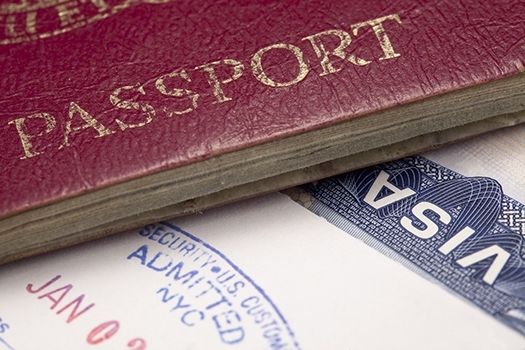Retaining health surcharge ‘gross insult’ to international colleagues, say doctors

The British Association of Physicians of Indian Origin (BAPIO) has written to the Government to condemn its ‘deeply unfair’ immigration policies, which it believes are a ‘betrayal’ of international frontline colleagues.
In a letter addressed to home secretary Priti Patel yesterday, BAPIO joined with the Association of Pakistani Physicians of Northern Europe (APPNE) and the Doctors’ Association UK (DAUK) to call on the Government to scrap its immigration health surcharge.
The Government’s decision not to proceed with a review into the surcharge – which forms part of immigration applications – as promised in April is a ‘gross insult’ to international healthcare workers, they said.
The letter said: ‘At a time when we are mourning colleagues, your steadfast refusal to reconsider the deeply unfair immigration health surcharge is a gross insult to all who are serving this country at its time of greatest need.’
It added: ‘Your government and indeed the Prime Minister speak of your debt and gratitude to the NHS and its staff. It is time those words are backed up by some real action.
‘We are therefore imploring you to make good on your promise to the nation to review the immigration health surcharge immediately.’
Chair of the DAUK Dr Rinesh Parmar said: ‘Our colleagues from other countries already pay taxes and national insurance contributions. To not review and scrap the surcharge at this time is a kick in the teeth and betrayal that shows utter contempt and disregard for their efforts during the pandemic.’
The group added that the policy could ‘deter’ skilled healthcare workers from overseas from joining the NHS at a time when they are needed ‘more than ever’.
Pulse July survey
Take our July 2025 survey to potentially win £1.000 worth of tokens












